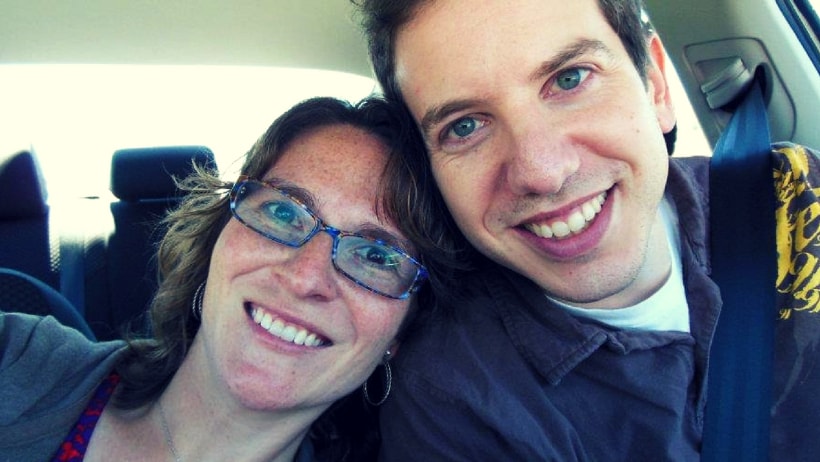Duncan and I love taking road trips. For us, the stops along the way are equally as exciting as the final destination. When we traveled pre-children, we would simply leave with a destination in mind and an amount of time we had to get there. We’d stop when we were tired or if we happened upon a fun diversion. As you can imagine, Shiri has made our trips a bit more purposeful. We still know where we need to end up, but now we try to do it in as little time as possible. I’m sure when our children are a little older, we’ll be able to refocus some of the travel time on stops along the way, but for now these road trips are all about the final destination and not really about the path we take to get there. I’ll be honest – I prefer the leisurely, scenic approach.

This week we read the final sections of text from the fourth book of the Torah, Bamidbar.Parshiyot Matot and Masei begin with the discussion of the different vows Israelites might make, and then they detail the requests of the various tribes as they get ready to enter the Promised Land. The chapters end with the final placements of all the tribes as they prepare to divide their land inheritance.
Parshat Masei begins with what appears to be a dry list of places. Basically, here’s where we stopped for a night along the way to our destination (Israel). However, our sages view this list as God telling Moshe, “Write down all the places through which Israel journeyed, that they might recall the miracles I wrought for them, guiding them safely through human and natural dangers.” This list, according to the midrash, was actually a recap of how blessed the Israelites were on their journey, not just a directory of the DoubleTrees where they stayed. (Of course when the Israelites stayed at a DoubleTree, it was literally just two trees.)
The point is the Torah could have simply recounted the miracles that occurred, but instead it lists the locales, and by doing so, intimately connects physical space to emotional space. Too often we read the Torah and assume the goal of wandering in the wilderness was to get from Egypt to Israel. Our Torah portion this week reminds us that the journey is about what happens at every step along the way to achieving that goal. Each interaction with another city helped build the character of the Israelites. Each stop let them experience the world a little bit more as free people after they left their life of slavery in Egypt. The stops along the way mark the transitions that the Israelites needed to go through in order to arrive prepared and open-minded in the land of Israel.
On a road trip, you never know what restaurant, landmark, or hidden treasure you’ll find if you just take the time to open your eyes, look around, and enjoy. There are certain times when it’s necessary to stick to the road and get to the destination as fast as possible, but this week’s parshah suggests that equally important in the journey are the stops we make along the way.
– Rabbi Eve Posen
Source: Stops Along the Way – Parshat Matot-Masei 5776 – Rabbi Eve Posen



